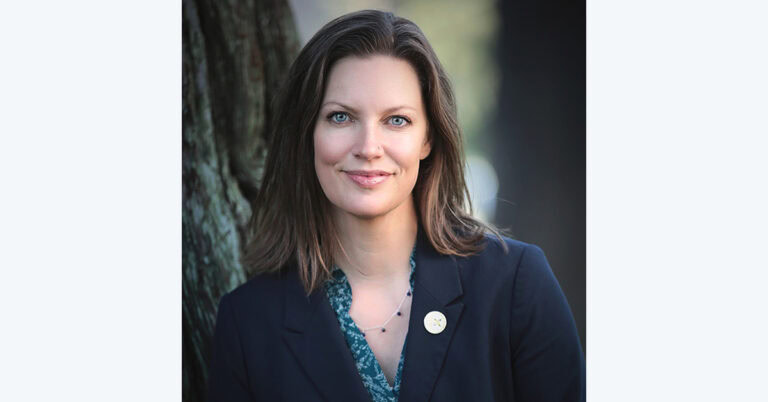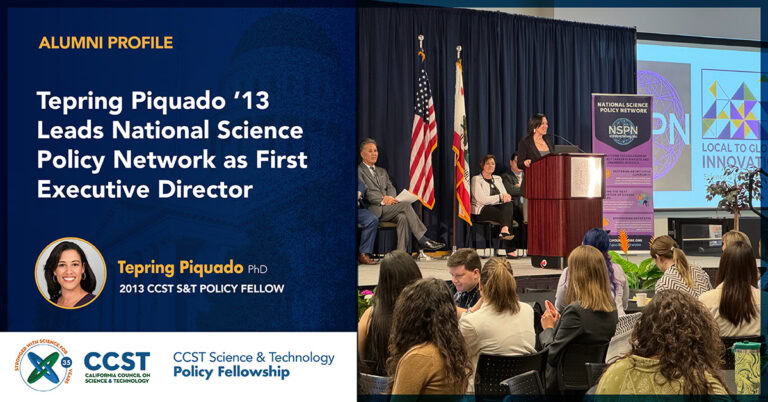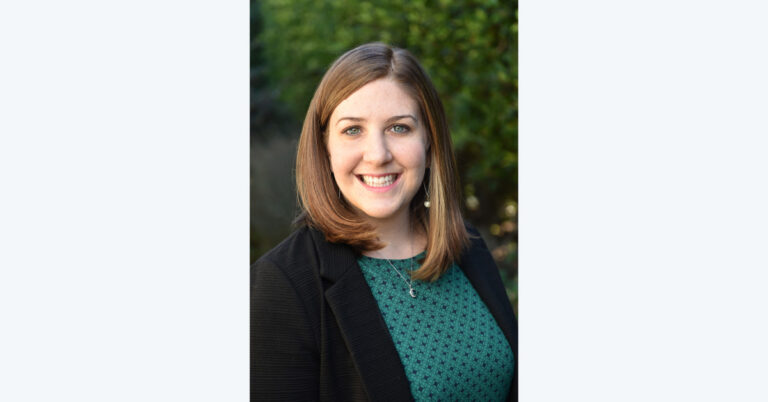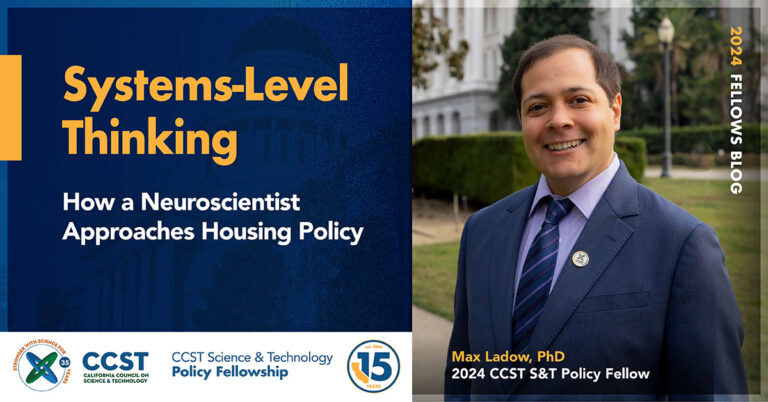CCST’s Brie Lindsey, PhD, Hired as Deputy Director at California Ocean Science Trust
Women’s History Month: A Conversation with Dr. Susan Hackwood
March 30, 2023 | CCST Newsroom, CCST S&T Policy Fellows | Contact: Keleigh Friedrich

By Keleigh Friedrich, CCST Director of Communications
Susan Hackwood is former Executive Director of the California Council on Science and Technology (CCST) and Professor Emerita of Electrical and Computer Engineering at the University of California, Riverside.
Dr. Hackwood received her PhD in Solid State Ionics from DeMontfort University, UK. Before joining academia, she was Department Head of Device Robotics Technology Research at AT&T Bell Labs, where amongst other things, she invented and named the electrowetting effect. She was founder and Director of the National Science Foundation Engineering Research Center for Robotic Systems in Microelectronics (CRSM) and the founding Dean of the Bourns College of Engineering at the University of California, Riverside. She was the first woman dean of a major research university in the U.S.
Dr. Hackwood is currently the director of the Science to Policy initiative at UC Riverside and has initiated a Japan-US Science Communication and Policy Fellowship Network, which promotes meaningful cooperation between the two countries on global challenges by bridging a critical gap between science and policy.
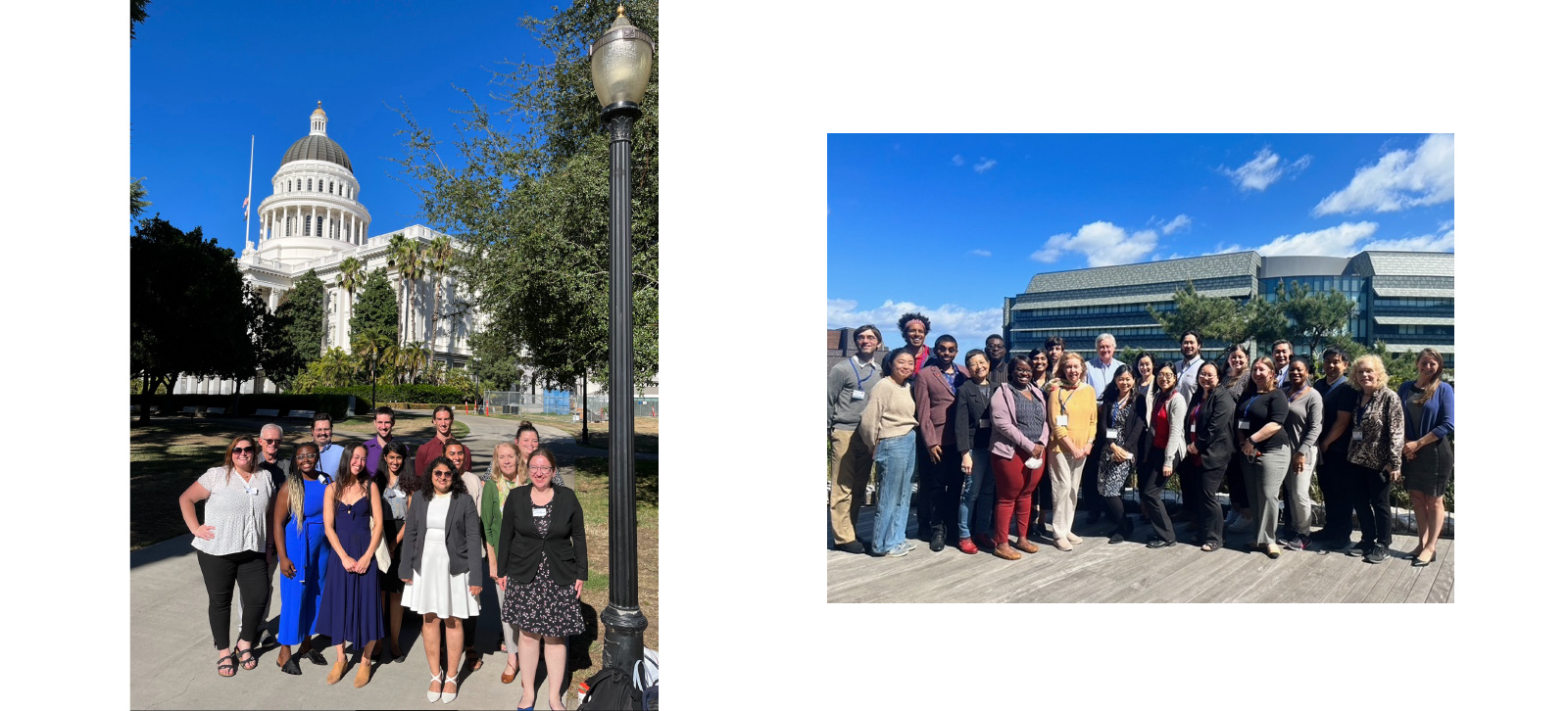
As CCST’s Executive Director (from 1995-2018), Dr. Hackwood helped create the CCST Science & Technology Policy Fellows program (loosely modeled after the American Association for the Advancement of Science S&T Policy Fellows program) and worked extensively with industry, academia, and government partnerships to identify policy issues of societal importance.
Thinking back to her time at CCST, Dr. Hackwood recalls, “The formula we followed was to look at the problem through legislators’ eyes and help create the network of super talented scientists and engineers who can help them solve that problem. We used phrases like ‘We’re not a think tank, we’re a do tank.’”
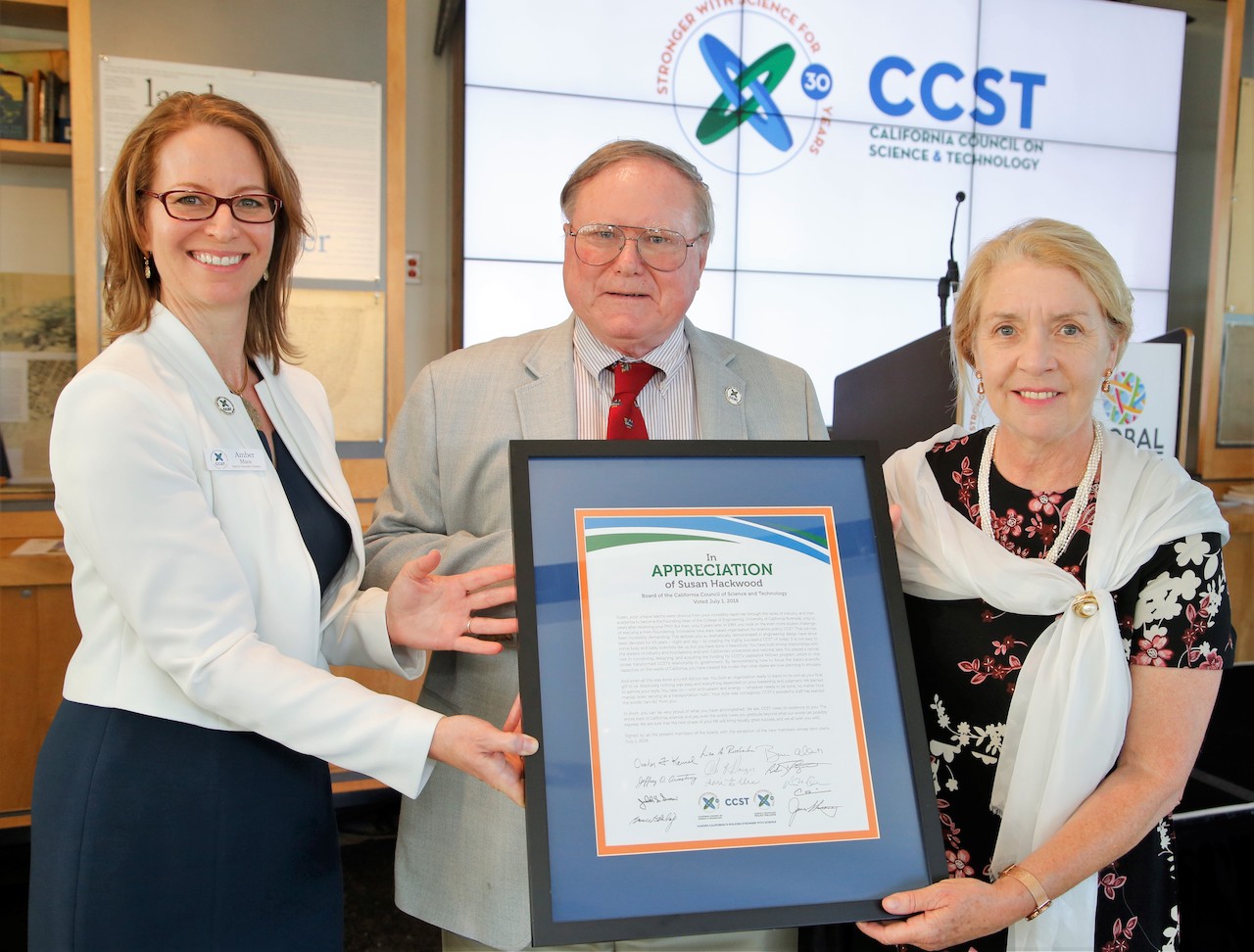
These days, Dr. Hackwood is focused on giving back to the next generation through volunteer work, including serving as an official mentor through the National Science Policy Network. She also helps her two daughters, who are both PhD/MD’s, “to make sure they can do both – have careers and raise children – without having to face the kinds of painful decisions I had earlier in life.”
Read the full interview below.
What inspired you growing up? What sparked your interest in engineering and science?
Two of the biggest influences were Dr. Who and Star Trek – which I still watch. [Laughing] I watched all the science programs, and I just loved science, although originally I wanted to be an artist. At one point I realized that I actually liked science a lot more than I liked art. So, I compromised and married a guy who’s a theoretical physicist but comes from Florence, so we get to go and see art all the time. [Laughing]
What did you like about science more than art?
The wonder. There’s a saying: A scientist says, “I look at the way things are and ask ‘Why?’” The engineer says, “I look at the way things should be and ask ‘Why not?’”
Go for it. Never be intimidated, always go for it.
— Dr. Hackwood on advice to her younger self.
How have you seen the landscape for women in the sciences and academia change since you began your career?
When I became the first woman dean of engineering in a research institution in the country, it was daunting, it was terrifying – I was usually the only woman in meetings. But I had great mentors and great support, and colleagues who really stepped up to help. Now, when you look at a picture of the CCST fellows and see how many women there are, it’s obvious – it’s a huge difference.
I can remember wanting to be a PhD student and I went to the chair of the department, and he said no, I shouldn’t be working in a lab because I had long hair and it would get in the equipment and into the experiments. [Laughing] Times have changed a little bit since then.
You were awarded the 1998 Inland Valley ATHENA Award for professional accomplishment, community service and mentorship of women. What are the qualities of a good mentor?
A good mentor should listen more than talking and should have the openness to hear what is being said, what concerns people really have, and what their aspirations are. It’s not just trying to solve problems, it’s giving aspiration. Women generally are less aspirational than men in many ways, and so it’s helping them – especially young women – grow their wings and take off.
What advice would you give to your younger self or to a woman just starting out in her career in science or engineering?
Go for it. Never be intimidated, always go for it.
One of the first people I worked with, who was my then-boss, is Arno Penzias, who has the Nobel prize for the Big Bang. I would go give him a talk every week on my work, and I was terribly intimidated. I noticed that he had a whiteboard in his office with complicated doodles all over it, and I thought it was the next Big Bang theory, and I asked him about it. He said, “Oh no, that’s space on the third floor.” [Laughing] People are always approachable. I find that bringing on board very high-level people and connecting them to the early career people, like the Fellows, is super positive because they want to be engaged and involved.
Special thanks to Susan Hackwood for participating in this interview for Women’s History Month at CCST.
###
About the California Council on Science and Technology
The California Council on Science and Technology is a nonpartisan, nonprofit organization established via the California State Legislature — making California’s policies stronger with science and technology since 1988. We engage leading experts in science and technology to advise State policymakers — ensuring that California policy is strengthened and informed by scientific knowledge, research, and innovation.

